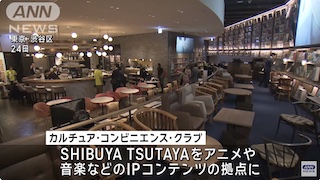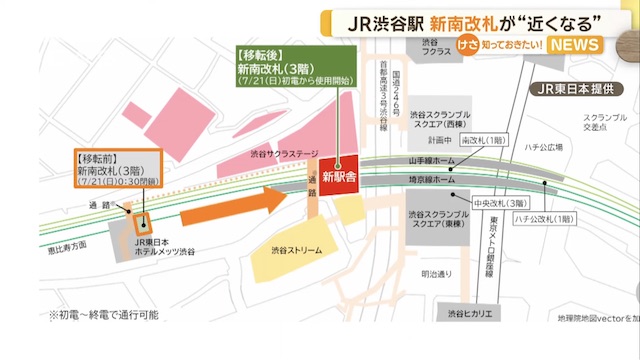Jun 03 (NHK) - Sales of Suica and Pasmo IC cards, which are used to pay for train fares and other payments in Japan, will be temporarily suspended from Thursday of next week due to a global semiconductor shortage.
An industrial group comprising East Japan Railway and other rail operators says it will halt sales of a type of Suica and Pasmo card that can be bought without registering personal information.
But such cards will continue to be sold in the northeastern prefectures of Aomori, Iwate and Akita, where the Suica service for local trains has just started.
Another type of Suica and Pasmo card, along with commuter passes, all of which bear the holders' names and personal information, will continue to be sold.
Suica and Pasmo cards for foreign nationals on short-term visits will also be available.
The smartphone apps Mobile Suica and Mobile Pasmo remain available for new users. And people can continue to use the cards they have already been issued.










